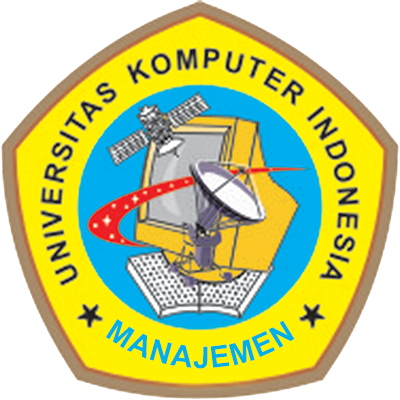Intention to Consume Halal Pharmaceutical Products Influenced by Religiosity and Knowledge through Attitudes in Jember
DOI:
https://doi.org/10.34010/jurisma.v14i2.13960Abstract
The Indonesian government did everything it could to stop the virus from spreading during the COVID-19 pandemic, including distributing vaccines. Regarding the immunization campaign, the City of Jember in East Java Province had a variety of reactions, including uncertainty over the vaccine's efficacy, safety, and halal (permitted to consume according to Islamic law). Refusing the vaccination, which is seen as a medicine, is interpreted as a way of expressing a desire to use halal pharmaceuticals. Through the mindset of the Jember community, this study seeks to examine the substantial impact of religiosity and halal awareness on the desire to use halal pharmaceutical items. Purposive sampling procedures were used to choose 100 respondents from the community of Jember drug users. The Path Analysis using SPSS analysis tool version 23 is the analysis technique employed. The study's findings indicate that views are significantly influenced by religion and halal awareness. Then, the desire to consume was strongly influenced by religion, halal knowledge, and attitude. Halal religiosity and knowledge significantly influenced consumption intentions through attitudes, according to the route test results. Therefore, via the mindset of the Jember community, religion, and halal knowledge have a major impact on the desire to use halal pharmaceutical items.












